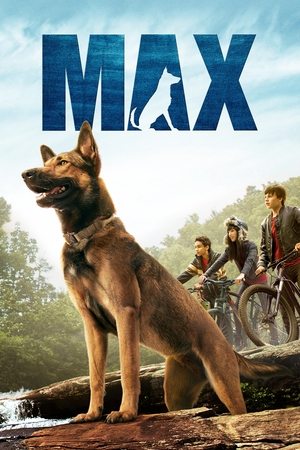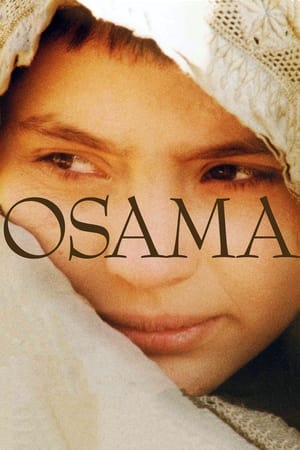

16 Days in Afghanistan(2007)
16 Days in Afghanistan is a documentary that documents the state of Afghan people after the fall of the Taliban.
Movie: 16 Days in Afghanistan

16 Days in Afghanistan
HomePage
Overview
16 Days in Afghanistan is a documentary that documents the state of Afghan people after the fall of the Taliban.
Release Date
2007-01-01
Average
0
Rating:
0.0 startsTagline
Genres
Languages:
فارسیEnglishپښتوKeywords
Similar Movies
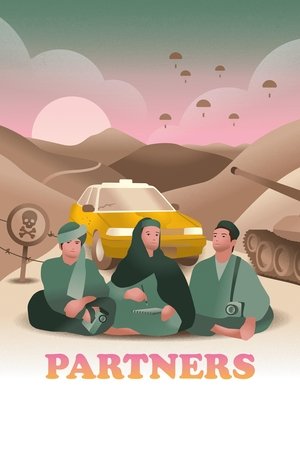 8.5
8.5Riverboom(fr)
In the year following the 9/11 terrorist attacks, young journalist Claude Baechtold finds himself in the war zone of Afghanistan. Not entirely voluntarily, the avowed anti-militarist is dragged by two fearless reporters on a round trip through the entire country.
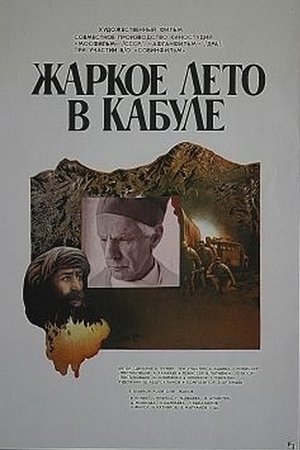 4.7
4.7Hot Summer in Kabul(ru)
A Russian doctor is invited to work at Afghanistan's top hospital during the war, and sees firsthand the carnage caused by the Islamist mujaheddin as they attempt to overthrow the socialist government.
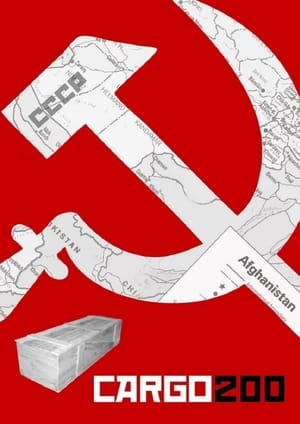 6.9
6.9Cargo 200(ru)
While returning to Leningrad from a visit to his brother, Professor Artyom's car breaks down and he finds assistance at an isolated farmhouse occupied by Alexey, his wife, a Vietnamese laborer, and a stranger who wanders around the farm. When his car is repaired, Artyom leaves, drunk on moonshine, and students Valera and Angelika arrive. After Valera gets drunk, the stranger abducts Angelika.
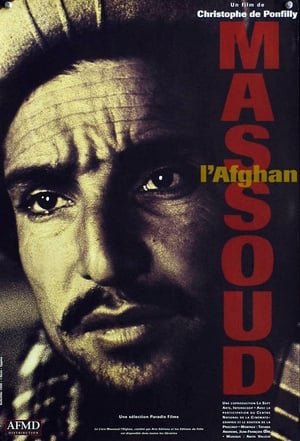 8.0
8.0Massoud the Afghan(fr)
The friendship between Christophe de Ponfilly and Commander Massoud, a legendary figure of the Afghan resistance against the Soviet invader, goes back to the filmmaker's first film, "A Valley Against an Empire", made in 1981. Fifteen years later, weakened, isolated, betrayed by many of his own, the "Lion of Panshir" has not surrendered to his new and implacable enemies, the Taliban. While preparing his next offensive, he evokes his commitment and his fights, and bears witness to a history in which he has been one of the main actors for twenty years. At the same time, the director questions the role and power of the media, as well as his own approach as a filmmaker. Commander Massoud was killed in an attack in September 2001.
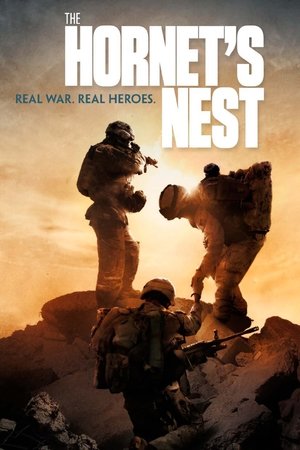 6.4
6.4The Hornet's Nest(en)
Armed only with their cameras, Peabody and Emmy Award-winning conflict Journalist Mike Boettcher, and his son, Carlos, provide unprecedented access into the longest war in U.S. history.
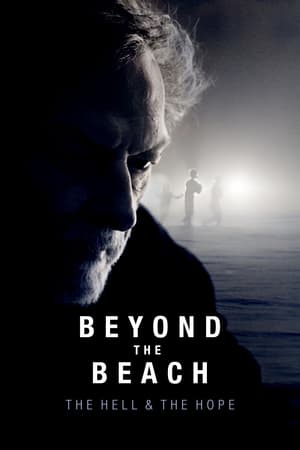 9.0
9.0Beyond the Beach: The Hell and the Hope(en)
A powerful depiction of war in infamous global conflict zones. Directed by Oscar/Emmy documentary makers Buddy Squires and Graeme Scott (know for Sam Smith), this film provides a rare and powerful insight into humanity and hope in the depth of war and the greatest global humanitarian crisis of the last several decades.
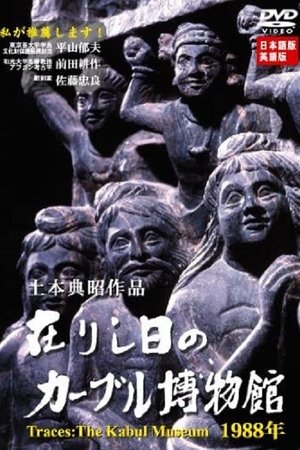 0.0
0.0Traces: The Kabul Museum 1988(ja)
The Kabul National Museum, once known as the "face of Afghanistan," was destroyed in 1993. We filmed the most important cultural treasures of the still-intact museum in 1988: ancient Greco-Roman art and antiquitied of Hellenistic civilization, as well as Buddhist sculpture that was said to have mythology--the art of Gandhara, Bamiyan, and Shotorak among them. After the fall of the Democratic Republic of Afghanistan in 1992, some seventy percent of the contents of the museum was destroyed, stolen, or smuggled overseas to Japan and other countries. The movement to return these items is also touched upon. The footage in this video represents that only film documentation of the Kabul Museum ever made.
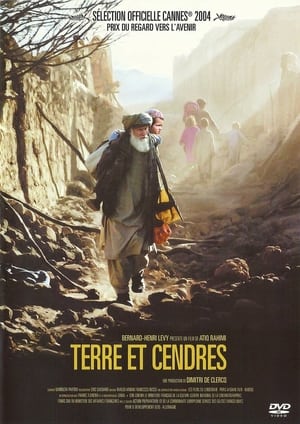 6.1
6.1Earth and Ashes(ps)
Elderly Dastaguir and his newly deaf 5-year-old grandson Yassin hitchhike and walk, but mostly walk, as they make their way to the coal mine where Dastaguir's son Murad works. Dastaguir must tell Murad that the rest of their family were all killed in a recent bomb attack.
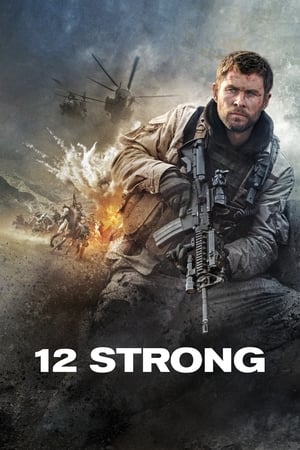 6.3
6.312 Strong(en)
A team of special forces head into Afghanistan in the aftermath of the September 11th attacks in an attempt to dismantle the Taliban.
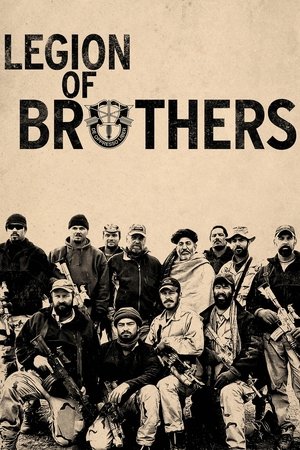 6.0
6.0Legion of Brothers(en)
Afghanistan, immediately post-9/11: Small teams of Green Berets arrive on a series of secret missions to overthrow the Taliban. What happens next is equal parts war origin story and cautionary tale, illuminating the nature and impact of 15 years of constant combat, with unprecedented access to U.S. Special Forces.
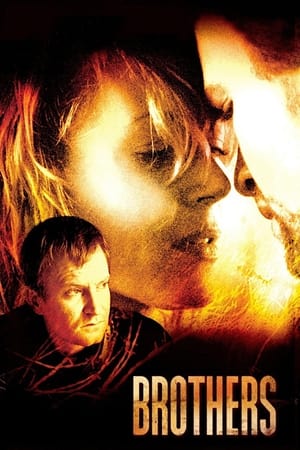 6.7
6.7Brothers(da)
A Danish officer, Michael, is sent away to the International Security Assistance Force operation in Afghanistan for three months. His first mission there is to find a young radar technician who had been separated from his squad some days earlier. While on the search, his helicopter is shot down and he is taken as a prisoner of war, but is reported dead to the family.
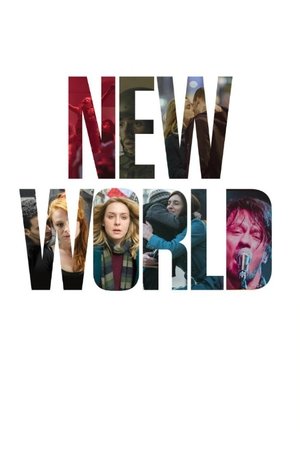 6.9
6.9Nowy świat(pl)
Three stories of immigrants trying to start new lives in Poland: an Afghan traumatised by the war, a Ukrainian lost in her own body, and a Belarusian running away from painful love. The Afghan, Azzam, works as a translator for the Polish army. In his homeland he is treated like a traitor. Having been evacuated to Poland, he is unable to shake off the war experiences. The Ukrainian, Wiera, escapes to Poland to undergo sex reassignment surgery in secret from her family. An unexpected visit from her father and little son will make her face the question of her own identity once more. Żanna, the Belarusian, leaves her husband, a dissident, and lives together with her daughter at her sister’s in Warsaw. She wants to move out as soon as possible and make a normal home. Things get complicated when her husband gets arrested again.
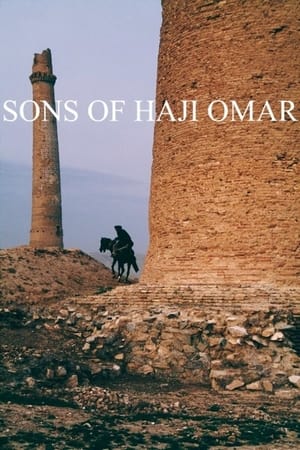 0.0
0.0Sons of Haji Omar(en)
Haji Omar and his three sons belong to the Lakankhel, a Pashtoon tribal group in northeastern Afghanistan. The film focuses on his family: Haji Omar, the patriarch; Anwar, the eldest, his father's favorite, a pastoralist and expert horseman; Jannat Gul, cultivator and ambitious rebel; and Ismail, the youngest, attending school with a view to a job as a government official.
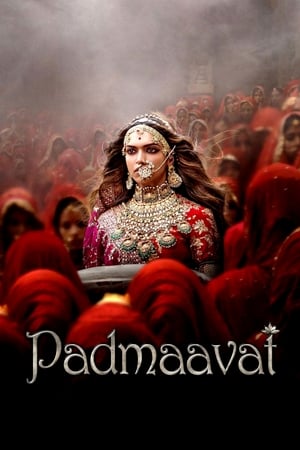 6.9
6.9Padmaavat(hi)
Rajputana, India, 13th century. The tyrannical usurper Alauddin Khilji, sultan of Delhi, becomes obsessed with Queen Padmavati, wife of King Ratan Singh of Mewar, and goes to great lengths to satisfy his greed for her.
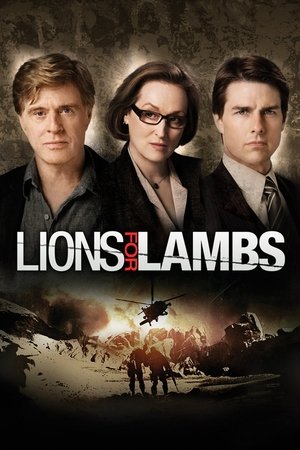 6.0
6.0Lions for Lambs(en)
Three stories told simultaneously in ninety minutes of real time: a Republican Senator who's a presidential hopeful gives an hour-long interview to a skeptical television reporter, detailing a strategy for victory in Afghanistan; two special forces ambushed on an Afghani ridge await rescue as Taliban forces close in; a poli-sci professor at a California college invites a student to re-engage.
Afghanistan: War without End?(en)
Key decision makers reveal the inside story of how the West was drawn ever deeper into the Afghan war. Reporter John Ware charts the history of a decade of fighting and looks at when the conflict may end.
Afghanistan: The Battle for Helmand(en)
Mark Urban tells the inside story of Britain's fight for Helmand, told with unique access to the generals and frontline troops who were there.
